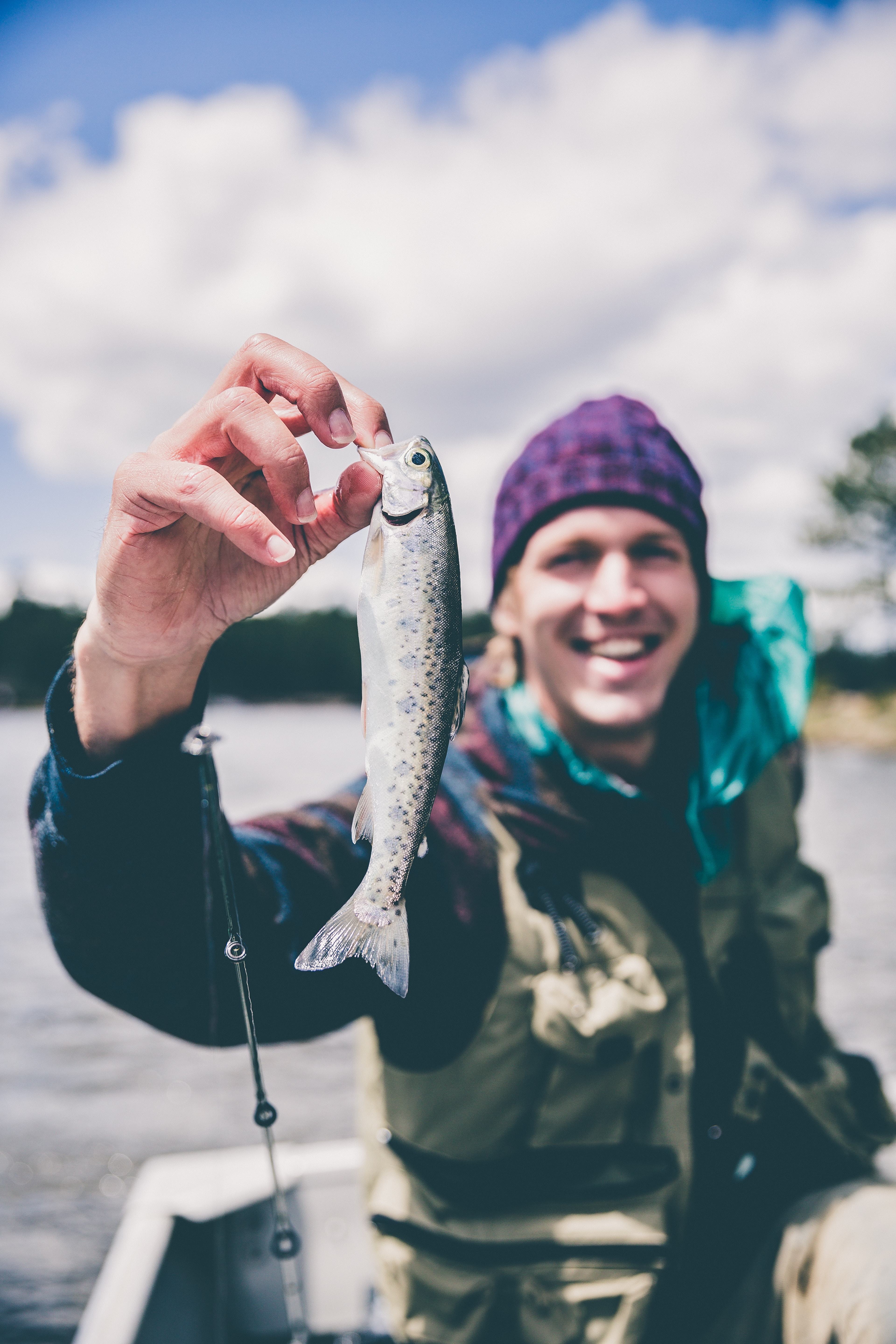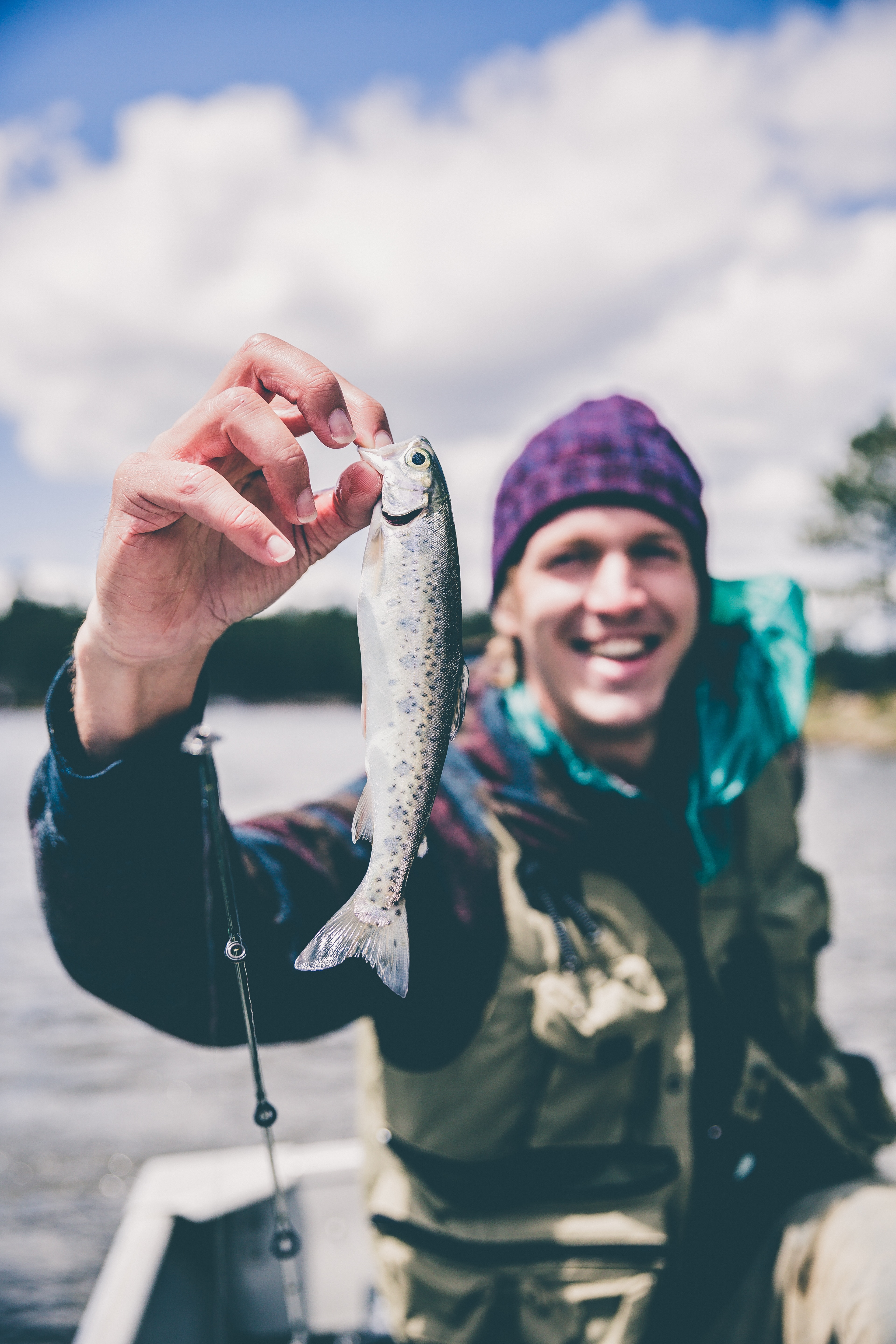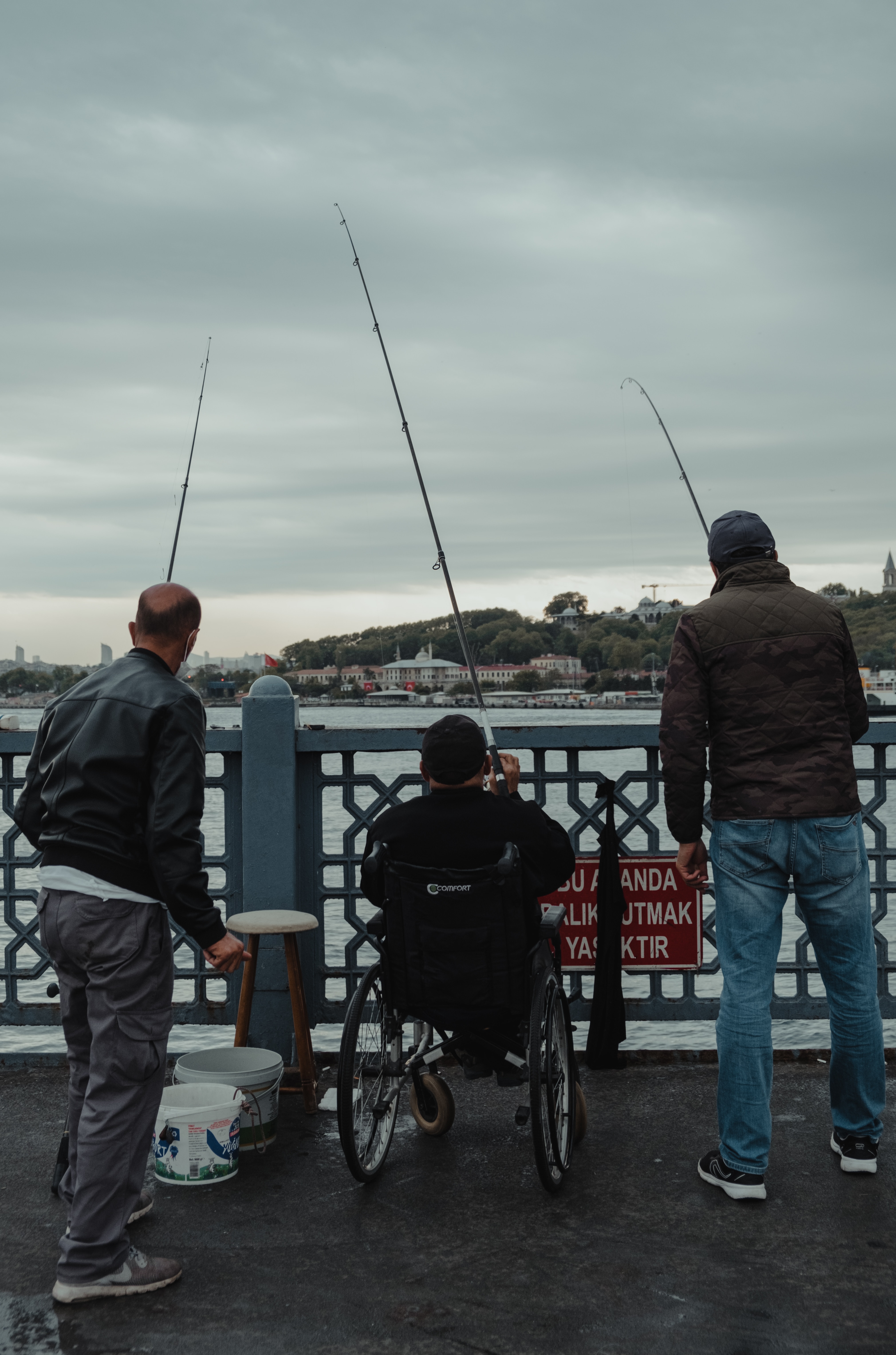
So you’ve booked yourself a cruise vacation and you’re itching to cast a line and try your luck at fishing during those enticing port stops. Well, you’re not alone in the hunt for aquatic adventures! Many travelers wonder if they can bring their own fishing gear on board. The good news is that, in general, cruise lines do allow passengers to bring their own fishing equipment, with a few important considerations. From fishing rods to tackles, let’s explore the ins and outs of bringing your own gear for those exciting port stop fishing opportunities.
What You Need to Know Before Bringing Your Own Fishing Gear
Research the Regulations
Before bringing your own fishing gear on a cruise, it is crucial to research and familiarize yourself with the regulations of the ports you will be visiting. Different countries and even different ports within the same country may have their own set of rules regarding fishing. Some may require you to obtain a fishing license, while others have strict catch and size limits for certain species. By doing your research ahead of time, you can ensure that you are in compliance with the local regulations and avoid any potential legal issues.
Check with the Cruise Line
It is always a good idea to check with the cruise line that you will be traveling with to inquire about their specific policies regarding bringing your own fishing gear. Some cruise lines may have restrictions or guidelines in place for bringing fishing equipment on board. They may have limitations on the size and weight of fishing gear that can be brought on the ship or specific guidelines for storing and transporting fishing equipment. By checking with the cruise line beforehand, you can avoid any surprises and ensure a smooth sailing experience.
Consider the Port Restrictions
In addition to the regulations and policies of the cruise line, it is important to consider any port restrictions that may be in place. Certain ports may have limitations on fishing activities due to environmental concerns or local customs. For example, some ports may ban fishing near coral reefs to protect the delicate marine ecosystem. By considering these port restrictions, you can avoid any potential conflicts and ensure that your fishing experience is both enjoyable and environmentally responsible.
Advantages of Bringing Your Own Fishing Gear
Familiarity and Comfort
One of the advantages of bringing your own fishing gear on a cruise is the familiarity and comfort it provides. Using your own equipment allows you to use gear that you are already accustomed to and comfortable using. You know how to properly handle and operate your own fishing rods, reels, and other tools, which can significantly enhance your fishing experience. This familiarity can make a difference in your ability to cast accurately, adjust your tackle, and hook fish efficiently.
Personalized Equipment
Another advantage of bringing your own fishing gear is the ability to personalize your equipment to suit your fishing preferences. When you bring your own gear, you have the freedom to choose rods, reels, lines, and lures that are specifically tailored to the type of fishing you wish to engage in. This personalized setup can greatly increase your chances of success and make your fishing experience more enjoyable.
Cost Savings
Bringing your own fishing gear can also save you money in the long run. While there may be upfront costs associated with purchasing your own equipment, it can be a wise investment if you plan to fish regularly during your cruise or in the future. Renting fishing gear or joining organized fishing excursions can add up quickly, especially if you plan to fish multiple times during your trip. By bringing your own gear, you can avoid these additional expenses and potentially save a significant amount of money.

Considerations for Traveling with Fishing Gear
Packing and Carrying
When traveling with fishing gear, proper packing and carrying methods are essential. Make sure to invest in a durable and protective fishing gear bag or case to safely transport your equipment. Consider disassembling longer fishing rods and securing them with rod socks or tubes to prevent damage. Additionally, pack any sharp tools or hooks in a separate container to avoid accidents or damage to other items in your luggage. By packing and carrying your fishing gear responsibly, you can ensure that it arrives at your destination intact and ready for use.
Size and Weight Restrictions
When bringing your own fishing gear on a cruise, it is important to be mindful of size and weight restrictions imposed by the cruise line. Most cruise lines have limitations on the size and weight of luggage that passengers can bring onboard. This includes fishing gear. Check with the cruise line beforehand to determine the maximum dimensions and weight allowed for your fishing gear. If necessary, consider downsizing or renting certain equipment to comply with these restrictions.
Security Checks
It is crucial to be prepared for security checks when traveling with fishing gear. Fishing rods, hooks, and other equipment may be considered potential security threats by airport and cruise line security. As a result, you may be subject to additional screenings or inspections. To expedite the process, pack your fishing gear in a way that is easy to access and present for inspection. Keep in mind that certain items, such as large fishing knives, may be prohibited from both carry-on and checked luggage. Familiarize yourself with the specific rules and regulations of the transportation authorities to avoid any potential issues during security checks.
Understanding Port Stop Opportunities
Researching Fishing Options
To maximize your fishing experience during port stops, it is essential to research and plan ahead. Each port may offer different fishing opportunities, ranging from deep-sea fishing to freshwater angling. Look into the types of fish species available in the area and the recommended fishing techniques for each location. Take note of any seasonal variations in fish populations or fishing conditions. By conducting thorough research, you can make informed decisions and ensure that you make the most of your port stop fishing opportunities.
Availability of Fishing Equipment
Before bringing your own fishing gear on a cruise, consider the availability of fishing equipment at each port stop. Some ports may have fishing gear rental services available, which can be a convenient alternative to bringing your own gear. If you prefer to use your own equipment, research whether there are any local stores or shops that sell fishing gear near the port. This way, if any unforeseen damage or loss occurs to your gear, you have a backup plan to quickly replace any necessary items.
Local Laws and regulations
Each port may have its own set of local laws and regulations regarding fishing. These laws can include catch limits, size restrictions, and specific rules on fishing techniques. It is crucial to familiarize yourself with these regulations to ensure that you are fishing legally and responsibly. Local fishing authorities or local fishing guides can provide valuable information and guidance to help you navigate any fishing restrictions or requirements at each port.

Alternatives to Bringing Your Own Gear
Renting Fishing Equipment
If you prefer not to bring your own fishing gear on a cruise, renting fishing equipment is a convenient alternative. Many ports and fishing destinations offer fishing gear rental services, allowing you to enjoy the fishing experience without the hassle of packing and transporting your own equipment. Renting fishing gear also gives you the opportunity to try out different types of equipment or experiment with new fishing techniques.
Joining Organized Fishing Excursions
Another alternative to bringing your own gear is to join organized fishing excursions offered by the cruise line or local tour operators at each port. These excursions often provide all the necessary fishing equipment and guidance, allowing you to simply show up and enjoy the fishing experience. Joining organized fishing excursions can be a great option if you prefer a guided fishing experience or if you want to explore different fishing spots without the need to bring your own gear.
Booking a Fishing Charter
For a more personalized and tailored fishing experience, booking a fishing charter can be an excellent option. Fishing charters offer private trips with experienced captains and crews who are familiar with the local fishing grounds. They provide all the necessary fishing gear and equipment, ensuring that you have everything you need for a successful fishing outing. Booking a fishing charter allows you to focus solely on the fishing experience without worrying about the logistics of bringing and maintaining your own gear.
Tips for Bringing Fishing Gear on a Cruise
Research the Cruise Itinerary
Before bringing your own fishing gear on a cruise, thoroughly research the cruise itinerary to identify the ports that are most suitable for fishing. Take into consideration the duration of port stops, the fishing opportunities available, and any additional activities or attractions at each port. By understanding the cruise itinerary, you can plan your fishing activities accordingly and make the most out of your time in each port.
Pack Appropriately
When packing fishing gear for a cruise, it is important to be strategic and mindful of space limitations. Only pack the fishing equipment that you are confident you will use. Consider the types of fishing you plan to engage in and pack the necessary rods, reels, lines, and lures accordingly. Opt for lightweight and compact gear whenever possible to ensure that your luggage remains within the size and weight restrictions imposed by the cruise line. It is also advisable to bring any essential fishing accessories, such as sunscreen, hats, and fishing tackle organizers, to enhance your comfort and convenience during your fishing adventures.
Label and Secure Your Gear
To prevent the loss or mix-up of your fishing gear, it is recommended to label and secure your equipment properly. Use waterproof labels or tags to clearly identify your fishing gear with your name and contact information. This will come in handy in case your equipment gets misplaced or accidentally mixed up with someone else’s gear. Additionally, consider using a TSA-approved lock or a secure fishing gear case to protect your equipment during storage and transportation.
Dealing with Potential Challenges
Customs and Immigration Procedures
When traveling with fishing gear to different ports, you may encounter customs and immigration procedures that vary from country to country. It is important to familiarize yourself with the specific customs regulations regarding bringing in fishing gear, such as declaring certain items or obtaining permits for restricted equipment. Research the customs requirements of each country you will be visiting to avoid any potential issues or delays during customs inspections.
Language Barriers
Communication can sometimes be a challenge when fishing in foreign ports due to language barriers. Local fishing guides or tour operators can be invaluable in bridging this gap. If you do not speak the local language, consider booking a fishing charter or joining an organized fishing excursion where experienced guides or crew members can help translate instructions and provide assistance with local fishing techniques.
Weather Conditions
Weather conditions can significantly impact your fishing experience during port stops. It is important to stay informed about the weather forecasts for each port and plan your fishing activities accordingly. Inclement weather such as storms, high winds, or heavy rainfall can make fishing unsafe or unproductive. Be prepared to adjust your plans, reschedule outings if necessary, or explore other non-fishing activities offered at the port during adverse weather conditions.
Benefits of Hiring Local Fishing Guides
Expert Knowledge and Insights
Hiring local fishing guides can provide you with invaluable expert knowledge and insights about the fishing grounds and the local fish species. Local guides are familiar with the area’s fishing patterns, seasonal migrations, and the best fishing techniques to use. Their expertise can greatly increase your chances of a successful fishing outing, as they know where the fish are likely to be and how to effectively target them. Local guides can also share interesting facts, stories, and folklore about the local fish species, enhancing your overall fishing experience.
Access to Hidden Fishing Spots
Local fishing guides have a deep understanding of the local waters and can provide access to hidden fishing spots that are not readily accessible to the average angler. These hidden spots may be tucked away in remote areas or known only to the local fishing community. By hiring a local guide, you can explore these hidden gems and discover new fishing grounds that offer exceptional fishing opportunities and unique natural beauty.
Supporting the Local Economy
By hiring local fishing guides, you are not only benefiting from their expertise but also supporting the local economy. Many fishing guides rely on tourism and anglers to sustain their livelihoods. By investing in their services, you are contributing to the local economy and helping to preserve and promote the local fishing traditions and culture. Hiring local guides also provides an opportunity to learn about the local community, traditions, and conservation efforts, resulting in a more enriching and meaningful fishing experience.
Tips for Fishing on Port Stops
Research the Local Fish Species
Before fishing on port stops, take the time to research the local fish species that are commonly found in the area. Familiarize yourself with their habitats, behavior, feeding patterns, and preferred bait or lures. This information will help you select the appropriate fishing techniques and gear to target the specific fish species you are interested in catching. By understanding the local fish species, you can increase your chances of success and make the most of your fishing time at each port.
Follow Local Fishing Regulations
Respecting and following local fishing regulations is crucial when fishing on port stops. Each port may have its own set of fishing regulations, including catch limits, size restrictions, and prohibited fishing methods. It is essential to familiarize yourself with these regulations and adhere to them to ensure the sustainability and preservation of the local fish populations. Avoid taking more fish than allowed and release any undersized or protected species according to the local rules. By being a responsible angler, you can contribute to the conservation efforts and help maintain the natural beauty of the fishing grounds.
Practice Catch and Release
Practicing catch and release is not only a responsible fishing practice but also contributes to the sustainability of fish populations. Whenever possible, release fish unharmed back into the water, especially if you do not plan to consume them. Using barbless hooks, handling fish gently, and minimizing fight time can increase their chances of survival after release. Additionally, take care to handle and release protected or endangered species with extra caution and avoid targeting them in the first place. By practicing catch and release, you are ensuring the longevity and health of the fishery for future generations.
Conclusion
When it comes to bringing your own fishing gear on a cruise, it is essential to weigh your options and plan ahead. Researching the regulations, checking with the cruise line, and considering the port restrictions will help you make informed decisions and ensure a smooth sailing experience. While there are advantages to bringing your own gear, such as familiarity, personalized equipment, and cost savings, there are alternatives like renting fishing equipment, joining organized fishing excursions, or booking a fishing charter. Packing appropriately and securing your gear are important steps to protect your equipment during the journey. Understanding and respecting local laws and regulations, dealing with potential challenges, and hiring local fishing guides provide enhanced fishing experiences and support the local economy. By researching the local fish species, following fishing regulations, and practicing catch and release, you can enjoy your fishing adventures while being mindful of sustainability. Ultimately, by planning ahead and taking these considerations into account, you can fully embrace the fishing opportunities provided by port stops and create unforgettable memories during your cruise.




